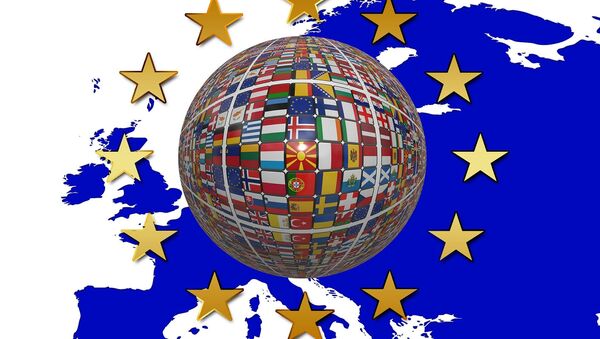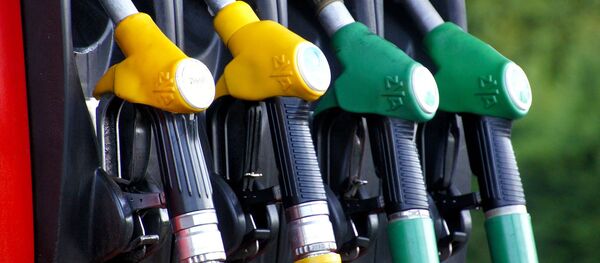According to the analysis, the level of energy dependence of the European Union was higher than 50 percent since 2004, with its highest point in 2008.
The report results also showed that in 2015 the least energy dependent EU member states were Estonia (7.4 percent), Denmark (13.1 percent) and Romania (17.1 percent) followed by Poland (29.3 percent), Sweden (30.1 percent) and the Czech Republic (31.9 percent).
On the opposite side of the scale are Cyprus (97.7 percent), Malta (97.3 percent), Luxembourg (95.9 percent), Ireland (88.7 percent) and Belgium (84.3 percent).
Apart from this, the United Kingdom and France are among the least energy dependent countries among the five member states consuming the largest amounts of energy with the level of dependence staying at 37.4 percent and 46 percent respectively. The other three countries in this category are Germany (61.9 percent), Spain (73.3 percent) and Italy (77.1 percent).
The main energy suppliers of the European Union are Norway, Russia, Central Asia and the Caucasus countries, and OPEC countries. The imported energy sources comprise crude oil (90 percent), natural gas (66 percent), coal and other solid fuels (42 percent), uranium and other nuclear fuels (40 percent).
According to the energy security strategy adopted in 2014, the European Union aims at increasing energy efficiency as well as indigenous energy production by its member states.
Never miss a story again — sign up to our Telegram channel and we'll keep you up to speed!



